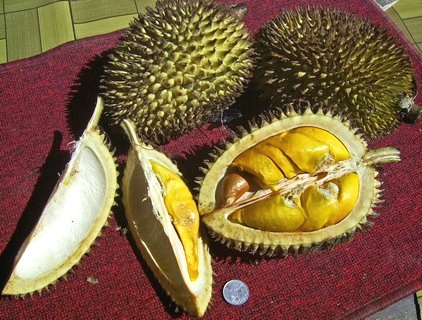In October, Becky and I were invited to present FLEx at the Universiti of Malaysia, Sabah as part of a workshop for compiling native dictionaries and managing cultural data. I learned a lot about dictionaries, about using FLEx to organize dictionary data, about Webonary and about Malaysia.
One of the things this workshop helped me to clearly articulate was that there are four knowledge content areas which dictionary creators need:
- Knowledge about Theoretical Linguistics to understand the language being described and the categories possible in the dictionary.
- Knowledge about the language being analyzed and described so that they can apply the appropriate options available to this situation.
- Knowledge about how to manage the editorial process for the dictionary (including entry submission).
- Knowledge about how to use the software to implement the editorial process.
This workshop’s focus was only on the software used to implement the editorial process (mostly the data collection part of the editorial process). So in some ways it felt like we weren’t giving the participants all the tools they will need (or even showing them all the tools they will need). But we had to realize that it is not our responsibility to give them all the tools they need or to expose them to these issues. They need local contacts for that. Regardless of these issue we were still ecstatic that there were about 80 people in attendance.

About 80 people

Opening Cerimonies at UMS
Becky took most of the sessions on FLEx. She presented on using FLEx as a tool for collecting words and various things about words. We covered several input methods and features in the application.

Becky talking about FLEx as a tool

Becky helping people doing exercises
I presented a session on explaining how to get data out of FLEx. We talked about putting dictionary data on the web and turning it into .epub files.

Hugh presenting on getting things out of FLEx
I think one of the more interesting things that I learned was about expectations, culture and photographs.
Many people wanted photographs with us (or of us). This is not totally unexpected. What was unexpected was that rather than taking one photo and sharing it (passing it around), everyone wanted their own picture. Not their own picture with us but a picture with us made with their own camera! It was in that moment that I had an epiphany. Having training in Language Documentation I am aware and concerned with rules and laws concerning privacy. In the U.S. when dealing with issues of informed consent and intellectual property, it can not be assumed that if I want to take a picture of you that I, the owner of the camera, own the picture. Furthermore it can not be assumed that I have the right to do with that picture as I please. i.e. Post it to the internet. This may be in part that our laws are based on our semantics. It may be in part our culture. But there I realized that if the photo is taken with your camera you own the photo. You can do with it as you please. The asking for permission is that you have asked for permission to take the photo.

Taking our picture

Taking their picture, while they were taking a picture of us. Since he who owns the camera, owns the picture...
I took this last picture at about the same time I had the epiphany.














